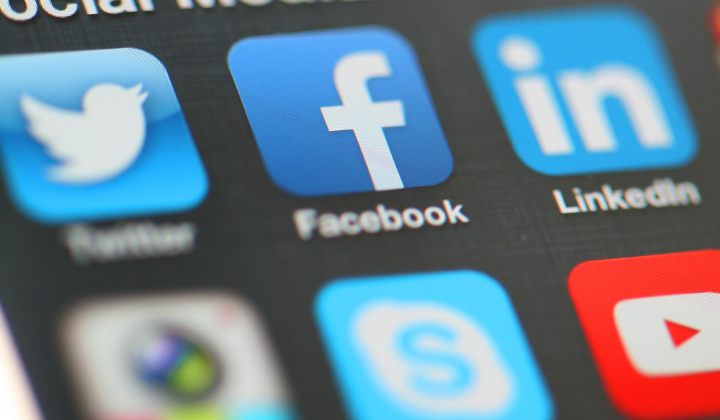
– Manuscript –
Large technology companies have taken steps to restrict Russia’s state media from using social media to spread misinformation about its invasion of Ukraine. At the same time, people are using technology to inform and assist people affected by the conflict.
Google announced this week it was blocking YouTube channels in Europe belonging to Russia’s government-connected companies RT and Sputnik. RT is an international television network and Sputnik is a news agency.
Google’s move came after the European Union (EU) banned RT and Sputnik. EU officials accused Russia of using its state media companies to spread propaganda and misinformation.
In addition, the hugely popular video service TikTok canceled the accounts for RT and Sputnik in Europe.
Meta also announced it was blocking RT and Sputnik on its Facebook and Instagram services across the EU. In the United States, RT and other state media companies remain active on Facebook.
Meta also said it had identified and taken down a network of pro-Russian groups for organizing misinformation campaigns on Facebook and Instagram. The company said it took the action because the network had violated a policy that bars users from creating false accounts and news sites.
Meta, Microsoft and Google’s parent company Alphabet have also taken measures to restrict Russian state media from making money from advertising on their services.
Twitter announced it had started adding warning labels to tweets from media linked to the Russian government. Twitter also said it would not suggest or direct users to Russian-connected websites in its search system.
Meta has denied requests from Ukrainian officials to remove access to its services in Russia. Company officials said such a move would prevent Russian citizens from using Facebook and Instagram to learn about the conflict, voice opinions and organize protests.
Meta’s vice president for global affairs, Nick Clegg, wrote in a message on Twitter: “We believe turning off our services would silence important expression at a crucial time.”
Alphabet also announced it had turned off some of its Google Maps tools in Ukraine that provide information on live traffic conditions and movements of people. The company said the action was taken to protect local communities.
In Ukraine, TikTok users have used the service to publish information about Russia’s invasion. Images and video shared on TikTok have included neighborhoods hit by missiles, empty food stores and long lines at gas stations.
TikTok user Marta Vasyuta told Reuters she had put content on the service to help inform people around the world about the “serious situation that Ukrainians face.”
One of Vasyuta’s videos showed what appeared to be a missile in the sky with the message, “Kyiv 4:23 am.” The video had received more than 138,000 comments by Wednesday. Some users expressed disbelief. Others offered messages of support. One user wrote: “Never thought I would get WAR updates on TikTok.”
In an effort to keep Ukraine online, SpaceX chief Elon Musk said the company’s Starlink satellite service had been activated in Ukraine. Starlink provides high-speed internet to areas that do not have it. So far, there has not been evidence of widespread internet outages across Ukraine.
Shortly after Russia began its invasion of Ukraine, social media users living in surrounding countries began setting up online networks to support refugees. Thousands of people joined the networks, offering homes, money and transportation to Ukrainians fleeing their country.
Ukraine’s government has used cryptocurrency to raise money for its war effort, Reuters news agency reported. The operation has brought in at least $13 million after appeals for donations of bitcoin and other digital currencies. The country’s Ministry of Digital Transformation said the money would be used to help “destroy as (many) Russian soldiers as possible.”
Words in This Story
label – v. to describe the qualities of someone or something
access – n. the right or chance to use of look at something
global – adj. relating to the whole world
crucial – adj. extremely important or necessary
update – n. new information
cryptocurrency – n. a digital currency produced by a public network, rather than a government
*This article has been edited and reprinted from VOA Learning English with permission from Voice of America (VOA) for use in English language materials.
